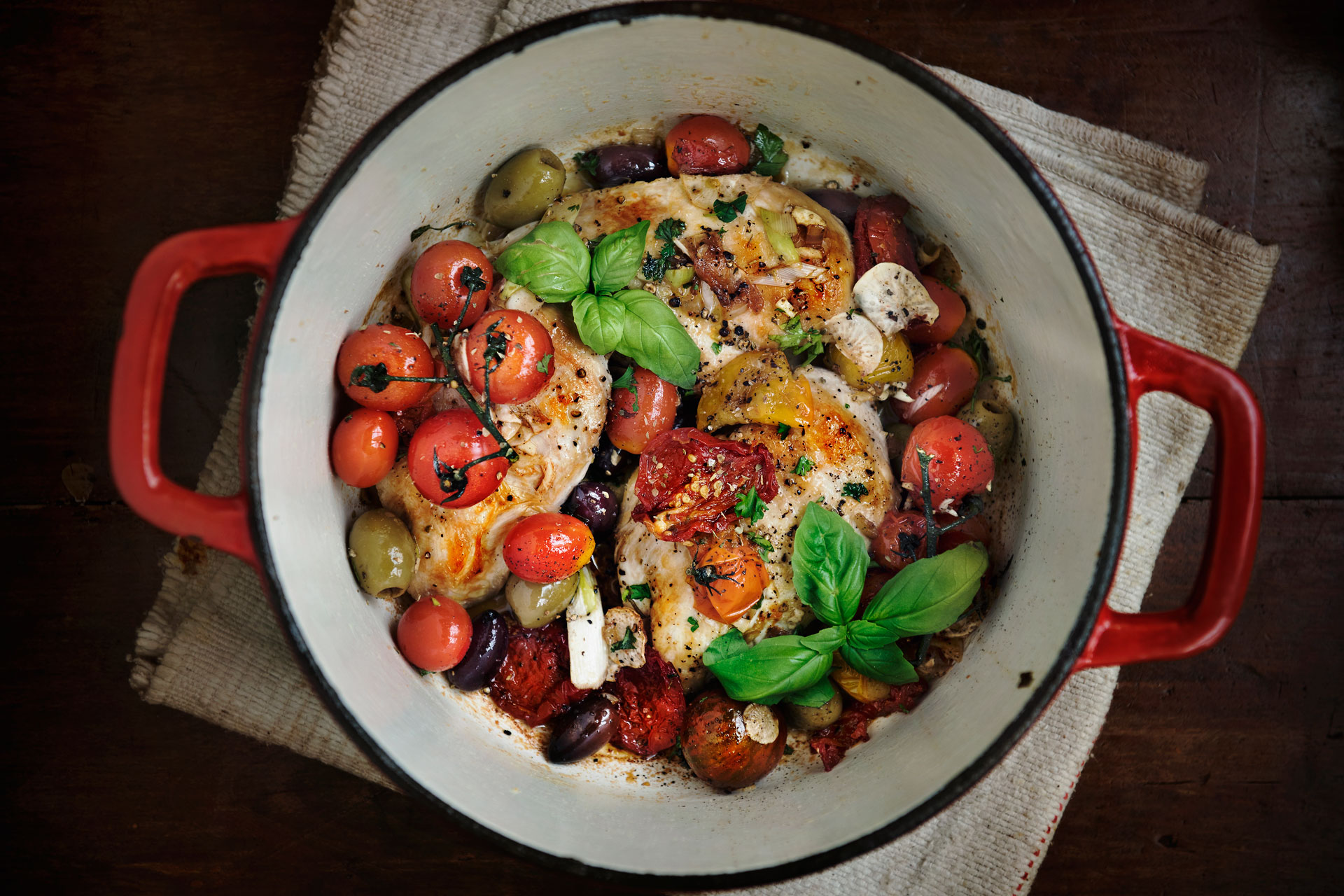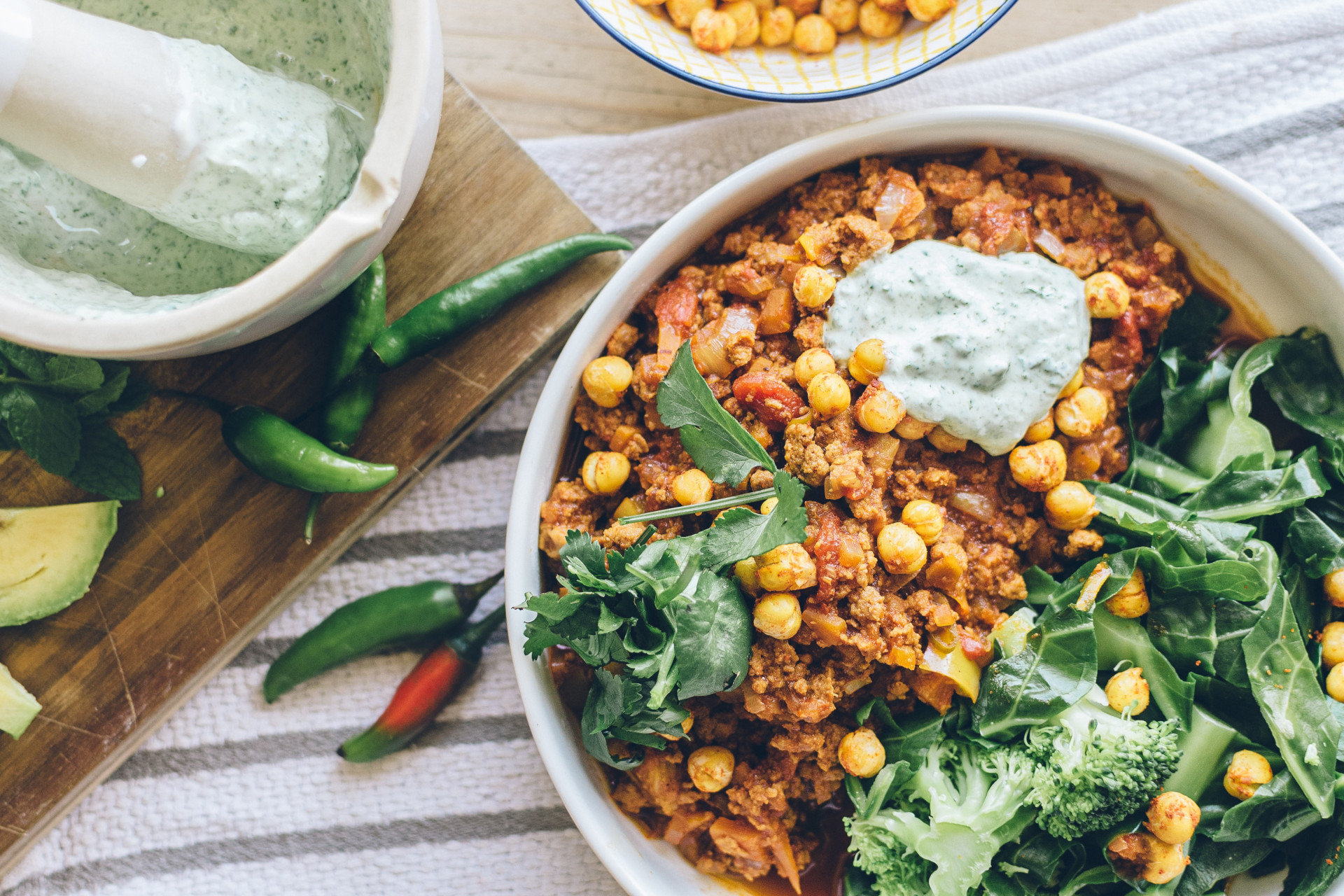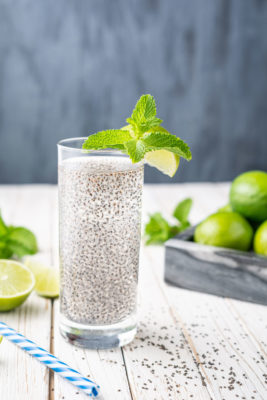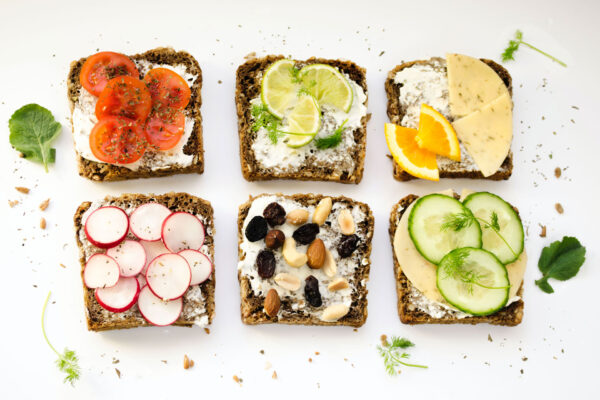
How Much Protein Do We Actually Need?
By
9 months ago
We’ve got the scoop on the hottest nutrient of the moment
A decade ago, conversations surrounding hitting protein goals were reserved to the gym changing rooms of bodybuilders. But in recent years, the nutrient has exploded into the mainstream, and nowadays it feels like everyone is on a mission to up their macros. TikTok is overflowing with protein-centric recipes, and a flurry of food brands have created high-protein versions of their products. But is the nutrition trend being overhyped? We asked nutritionist Rhiannon Lambert, founder of nutrition clinic Rhitrition, for her expert view.
Everything You Need To Know About Protein, According To A Nutritionist
Why Is Protein Important?
Protein is one of three key macronutrients that the body needs in order to function properly, along with carbohydrates and fats. As Lambert explains, it’s crucial because ‘it provides the body with nine essential amino acids that we cannot produce ourselves and must obtain from the diet.’ These amino acids are needed for numerous biological processes, she continues, ‘from the growth and repair of tissues to the production of enzymes, hormones, and neurotransmitters.
‘Additionally, protein is a major component of skin, hair, and nails – it contributes to the production of keratin, which helps promote their strength and integrity,’ she adds. ‘From a nutritional standpoint, it is the most satiating macronutrient, meaning it helps to keep you fuller for longer. This can support appetite regulation and play a helpful role in weight management.’ There’s an abundance of science backing this: research published in the American Journal of Clinical Nutrition, for example, found people who increased their protein intake by 30 percent ate 450 fewer calories per day and lost around 11lb over 12 weeks.
There’s a reason gym bunnies have long strived after high-protein diets, too: the nutrient also helps maintain muscle mass, as well as supporting recovery after workouts – which, Lambert points out, becomes increasingly important as we age.

Getty Images
Which Foods Are High In Protein?
Protein is present in both animal products and plant-based foods. ‘Dairy and lean animal proteins are complete sources, meaning they contain all nine essential amino acids,’ explains Lambert. However, she recommends limiting your intake of red meat, which ‘has been classified by the World Health Organisation as a Group 2A carcinogen, meaning it is “probably carcinogenic to humans,” particularly with high consumption.’ She also notes the environmental impact: ‘red meat production contributes significantly to greenhouse gas emissions, so from both a health and environmental standpoint, it’s advisable to limit intake and not rely on it as a regular protein source.’
There are many plant-based protein sources, too, including beans, lentils, grains and seeds. Lambert tells us these are particularly good when eaten in complementary combinations (e.g. rice and beans or hummus and wholegrain pitta bread), ‘which together provide all essential amino acids.’
Some of the foods highest in protein include:
- Eggs – around 6g per egg
- Cottage cheese (100g) – around 11g
- Chicken breast (100g cooked) – approximately 30g
- Tuna (100g canned in water) – about 25g
- Lentils (cooked, 100g) – around 9g
- Chickpeas (cooked, 100g) – around 7g
- Hemp seeds (3 tbsp) – approximately 10g
Are Protein Bars Good For You?
Supermarket shelves are filled with brightly coloured protein bars, which offer a quick fix for upping your macros – but we should be wary of these, says Lambert. Although they can contain up to 25g of protein per serving, many of them are packed with additives and classified as ultra-processed foods, which have been linked with a number of chronic diseases. ‘These products generally aren’t necessary for the average person doing moderate activity – they’re designed for those with higher protein demands, such as elite athletes, bodybuilders, or individuals with specific clinical needs,’ says Lambert.
How Much Do We Need Each Day?
‘Protein requirements aren’t one-size-fits-all — they vary significantly depending on individual factors,’ says Lambert. ‘This is why most recommendations are expressed in grams per kilogram of body weight, rather than a fixed amount for everyone. In the UK, the Reference Nutrient Intake (RNI) for protein is set at 0.75 grams per kg of body weight per day for healthy adults. This recommendation is designed to meet the needs of the majority of the population.’
However, she notes that various factors will impact how much you need, including:
- ‘Body size and composition – Larger individuals or those with more lean body mass have a higher requirement for protein due to their greater body mass.
- Activity levels – People who are physically active, all the way up to elite athletes, will require more protein to support muscle recovery, adaptation to training and overall performance.
- Age – As we age, we become less efficient at using dietary protein to maintain muscle mass, so older adults may need more protein per kilogram of body weight to offset age-related muscle mass loss (also called sarcopenia).
- Health status – Certain medical conditions may also alter requirements slightly, which may require a personalised approach that is guided by a healthcare professional.’
Can You Eat Too Much Protein?
A very high-protein diet is unlikely to be harmful, says Lambert. However, focusing too heavily on upping your meat intake, for instance, could result in limiting other important food groups, like fibre-rich carbohydrates, fruits, vegetables and healthy fats. ‘This may mean that your body is missing out on getting key vitamins, minerals or plant compounds that play a role in long-term health.’ Lambert also notes that people with pre-existing kidney conditions should be conscious of their protein intake, as excessive amounts can cause additional strain.
She also points out that just because a food is rich in protein, doesn’t necessarily mean it’s good for us (high-protein Mars Bar, we’re looking at you). ‘A heavy reliance on protein supplements or ultra-processed high-protein foods may contribute to a higher intake of additives, sweeteners, and overall lower-quality ingredients. In an ideal world, we would source the majority of our protein from minimally processed whole foods, such as lean meats, fish, dairy, eggs, legumes, nuts and seeds.’

(c) Calum Lewis, Unsplash
Is Protein Being Overhyped?
A quick scroll on TikTok will make even the healthiest of cooks feel like they’re not getting enough protein – but, like so many social media trends, this isn’t really the case. ‘The reality is that in the UK and across western countries, protein deficiency is rare,’ Lambert explains. ‘Most people are already consuming enough through everyday foods. What’s often overlooked is that protein is found in small amounts in foods not traditionally seen as “protein sources” – like bread, pasta and oats. So even if you’re not eating a chicken breast or steak at every meal, chances are you’re still getting some protein!’
That being said, it is important to meet your daily requirements, she adds. ‘However, there’s another nutrient we should be focusing more on: fibre. In the UK, most adults are only hitting around 60 percent of the recommended daily fibre intake, which plays a huge role in gut health, digestion, heart health, and even longevity.’
The Unprocessed Plate: Simple, Flavourful UPF-free Recipes to Transform Your Life by Rhiannon Lambert is out 19 June 2025





















